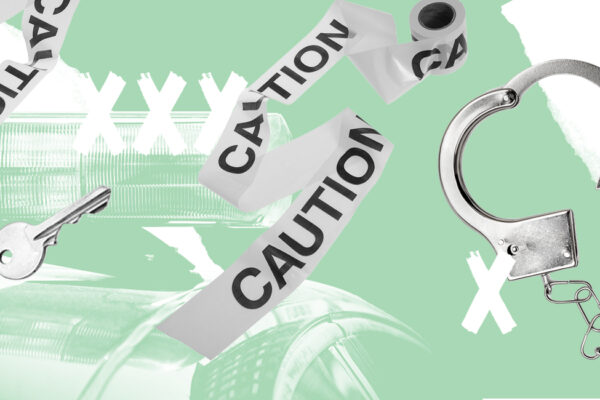This page tells you about your basic rights. It is not a substitute for legal advice. You should contact an attorney if you have been arrested or believe that your rights have been violated.
REMEMBER: It is illegal for law enforcement officers to perform any stops, searches, detentions, or removals based solely on your religion, race, national origin, gender, ethnicity, or political beliefs. However, law enforcement officers at the airport and at the border generally have the authority to search all bags and to ask you questions about your citizenship and travel itinerary.
Stay Informed
Sign up to be the first to hear about how to take action.
By completing this form, I agree to receive occasional emails per the terms of the ACLU’s privacy statement.
By completing this form, I agree to receive occasional emails per the terms of the ACLU’s privacy statement.

